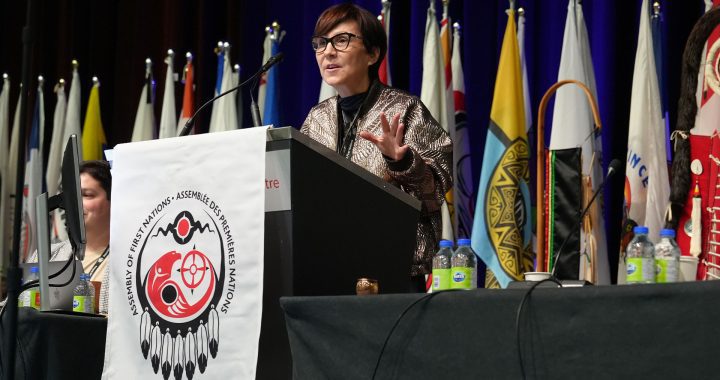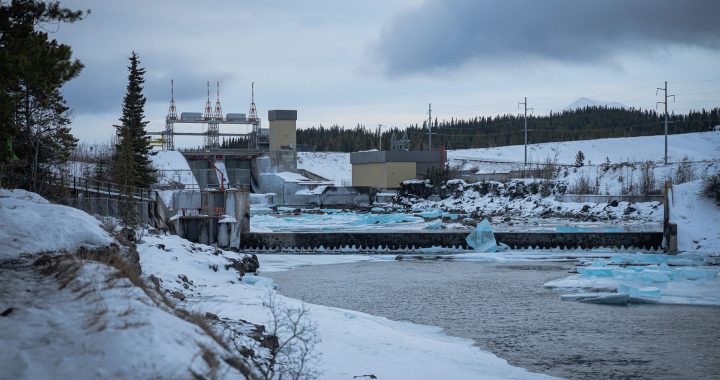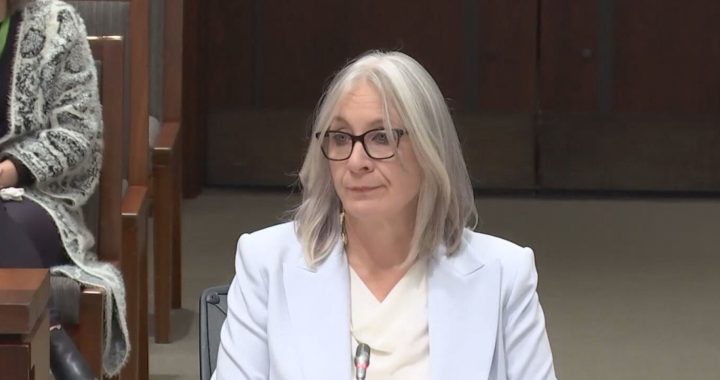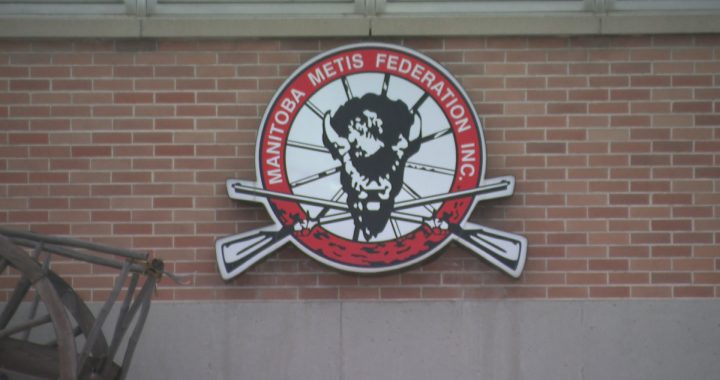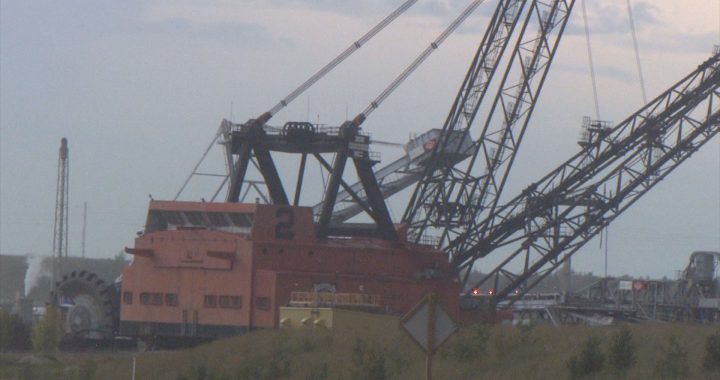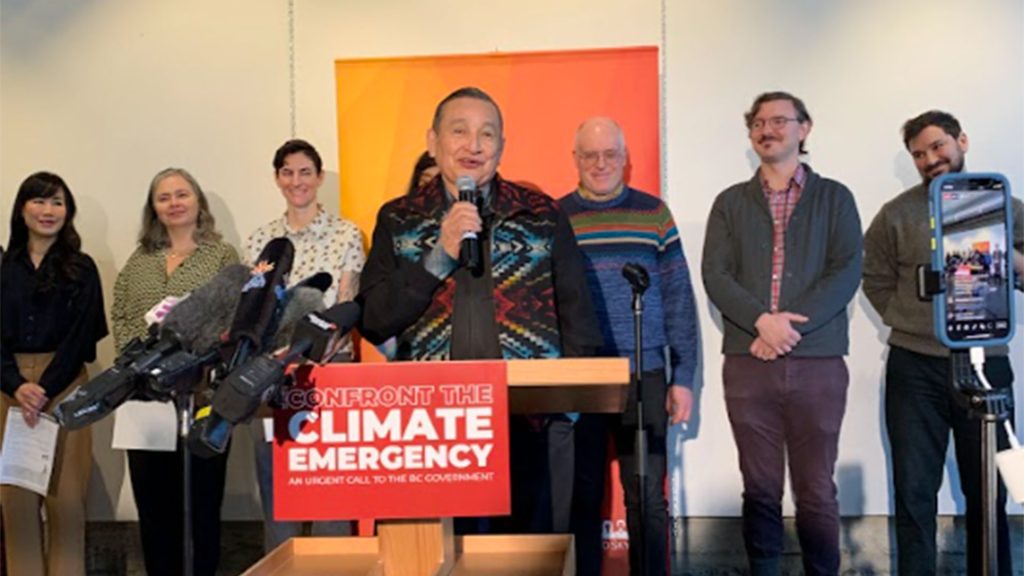
Grand Chief Stewart Phillip, President UBCIC. Photo: BCCEC
Climate activists in B.C. are giving the province a failing grade on a number of fronts relating to energy.
The B.C. Climate Emergency Campaign (BCCEC) released it’s 2024 progress report Tuesday. The campaign is calling on B.C. to implement 10 urgent climate actions which it says have been endorsed by 600 groups across the province.
The BCCEC says it is tracking the province’s progress on issues such as fossil fuel expansion, building electrification, public transit and biodiversity protection.
It gives the province a failing grade on setting binding climate pollution targets, winding down fossil fuel production and use, and tracking and reporting progress each year.
“If the B.C. government continues to approve new pipelines and LNG export terminals, it will make life even more unaffordable for residents in B.C. Higher bills for natural gas are already contributing to cost-of-living challenges, while wildfires and other climate-related disasters are increasing the collective costs for healthcare, insurance and infrastructure,” says Tracey Saxby, marine scientist and co-founder of My Sea to Sky.
The progress report comes as people in B.C. face a 17.5 percent hike in the price of natural gas in 2025. The increase was announced in early December by Fortis BC, one of the province’s largest energy providers, after it received interim approval from the British Columbia Utilities Commission (BCUC).
The BCCEC cites warnings from analysts such as Deloitte, that the price of natural gas will rise even higher when B.C. starts to export liquid natural gas (LNG) later this year. It says both the U.S. and Australia saw “significant increases in domestic gas prices” when they began exporting LNG.
“Will Minister (Adrian) Dix tell BC residents that they need to compete with the LNG export industry for energy to heat their homes and that their electricity and gas bills are going to go up?” Saxby asks.
According to information shared by the BCCEC, there are six LNG export facilities underway or in the approval process in Canada. All are in B.C., including Woodfibre LNG in Squamish and Tilbury LNG in Delta. The province started the next phase in Tilbury LNG’s regulatory process Tuesday.
Liquid natural gas projects continue to cause concern for First Nations
The Gitanyaw in northwestern B.C., set up a blockade last summer to protest LNG activity in their territory. It demanded a new environmental assessment be done. The government told APTN News it remained committed to working with First Nations in B.C.
“If the B.C. government continues with fossil fuel expansion, particularly in the form of more LNG, we won’t be able to turn the dial on climate change and it will negate many of the great climate actions underway,” says Grand Chief Stewart Phillip of the Union of B.C. Indian Chiefs.
“We are putting our communities at risk.”
The BCCEC says the most recent data available from Environment and Climate Change Canada, from 2022, shows emissions in B.C. are not trending downwards. In fact, they are 26 per cent higher than 1990 levels.
The BCCEC does say the B.C. government made progress in some areas. It notes the Emergency and Disaster Management Act was legislated in July, a Coastal Marine Strategy was released in partnership with First Nations and B.C. Hydro’s updated 10-year capital plan now contains $36 billion in regional and community infrastructure investments across the province.




